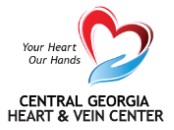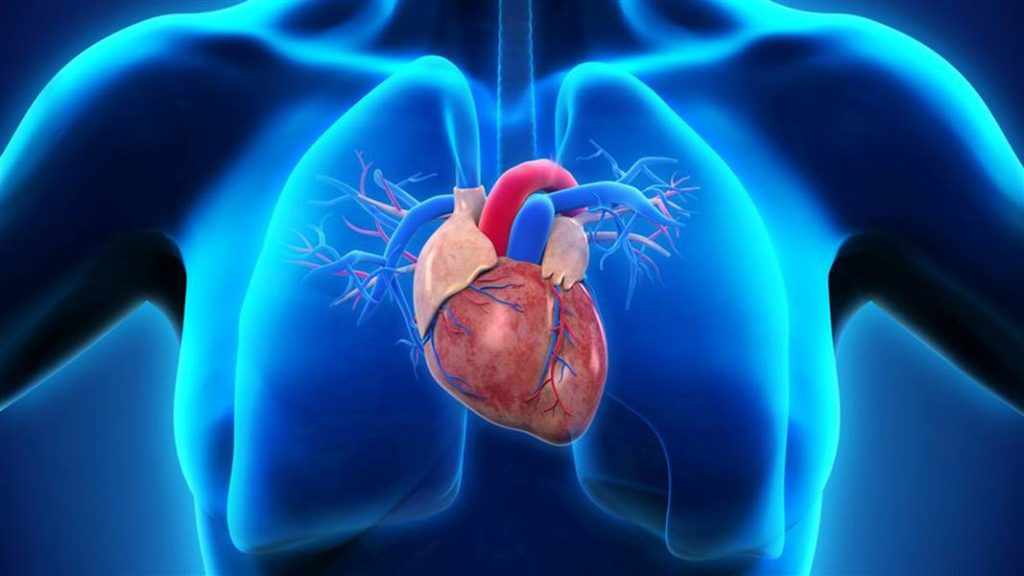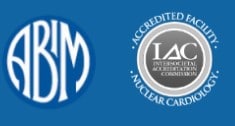Start Changing Your Lifestyle Immediately To Prevent Another Heart Attack
From the second you leave the hospital, it’s important to jump right into the healing process. One of the first things to educate yourself on is medication. You will likely receive new prescriptions and have to change your medicinal routine. Be sure to read up about each of the medications you are given to treat and control your symptoms. If you have questions, do not hesitate to speak with your cardiologist.
WebMD has a list of important tips when it comes to new medication:
- Know the names of everything you take.
- Be clear on how and when to take them.
- Ask your doctor about side effects.
- Learn what each medicine does and why you’re taking it.
- Make a list of the things you take. Keep it with you in the case of an emergency or if you need to talk with another doctor about them.
Deal With The Emotional After Effects
A heart attack is a serious trauma. Many patients often find themselves evaluating relationships and life choices after a cardiac event. Sometimes, patients find themselves dealing with depression and anxiety. First, know that this is perfectly normal. If you are struggling to deal with stress or have trouble sleeping or enjoying your hobbies contact your doctor right away. It can also be beneficial to speak with your partner or family about your emotions to help you process what has just occurred. Help is always available if you simply ask.
Seek Out Cardiac Rehab
Central Georgia Heart Center and other cardiology clinics will put together a post-heart attack plan for you. This can involve frequent check-ups, nutritional changes, exercises, and medication. It’s important to follow your doctor’s orders closely to help strengthen your cardiovascular system. You may also want to consider the following:
- Quit drinking and smoking
- Seek healthy ways to cope with stress
- Change your diet and lose weight if necessary
- Find an exercise routine that works for you





